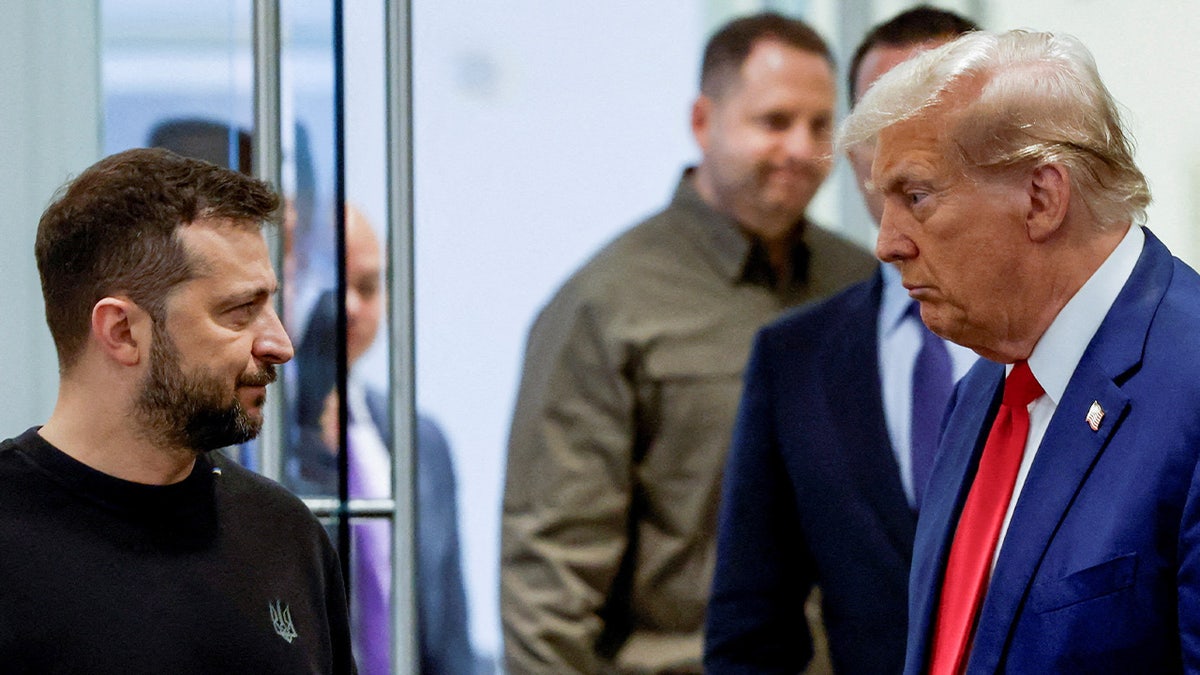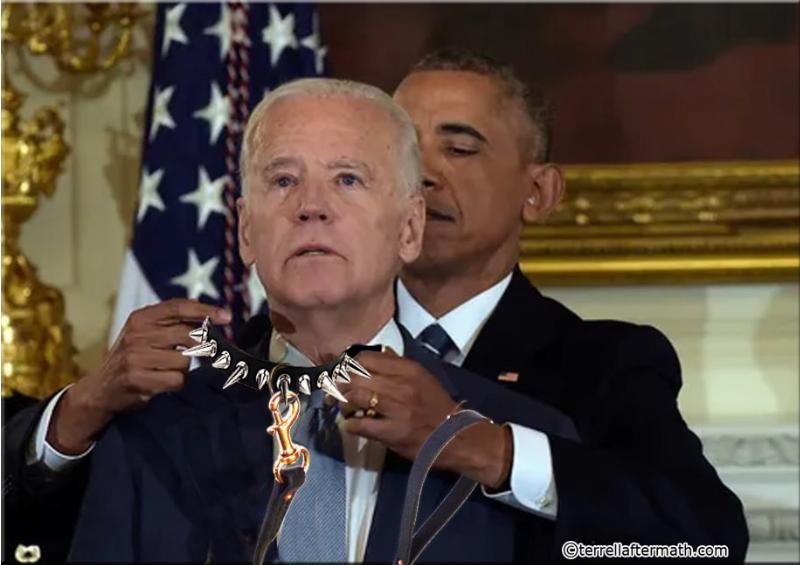Trump's Actions On Ukraine: How He Altered The US And Europe's Approach To Russia

Table of Contents
Trump's Ambivalence Towards Ukraine and its Implications
Trump's presidency was marked by a notable ambivalence towards Ukraine, a stance that had significant implications for the country's security and the broader geopolitical order. This ambivalence manifested in several key areas.
Dismissal of Russian Aggression
Trump consistently downplayed Russia's annexation of Crimea in 2014 and its interference in the Ukrainian elections. This dismissal of blatant aggression undermined decades of established US foreign policy and sent a worrying signal to Moscow.
- Examples: Public statements expressing doubt about Russia's culpability, reluctance to impose strong sanctions, and a general lack of condemnation of Russian actions in Ukraine.
- Analysis: This dismissal eroded trust among US allies, particularly in Eastern Europe, who viewed it as a betrayal and a weakening of NATO's collective security guarantee. Ukraine's security was directly compromised by this lack of firm US support.
Withholding Military Aid
The controversy surrounding the withholding of military aid to Ukraine in 2019, a key element of Trump's actions on Ukraine, became a central focus of his first impeachment inquiry.
- Key Events: The delay in releasing congressionally approved military assistance to Ukraine, coupled with Trump's alleged pressure on Ukrainian President Volodymyr Zelenskyy to investigate Joe Biden and his son, Hunter.
- Analysis: This action jeopardized Ukraine's ability to defend itself against Russian aggression and signaled a potential weakening of US commitment to its allies. The geopolitical consequences included increased Russian influence in the region and further instability in Eastern Europe.
Erosion of Trust in US Leadership
Trump's actions significantly eroded trust in the US commitment to supporting Ukraine's sovereignty and territorial integrity. This undermined the credibility of the US as a reliable partner and leader in international affairs.
- Examples: Shifting US policy positions on Ukraine, wavering support for sanctions against Russia, and perceived appeasement of the Kremlin.
- Analysis: The long-term effects include a decrease in international cooperation, a weakening of the transatlantic alliance, and a rise in uncertainty regarding US foreign policy commitments, further impacting the effectiveness of countering Russian aggression.
Shifting Transatlantic Relations and the European Response to Trump's Ukraine Policy
Trump's approach to Ukraine provoked diverse responses across Europe, revealing varying national interests and perspectives within the transatlantic alliance.
European Concerns and Divergent Approaches
European nations responded differently to Trump's perceived lack of commitment to Ukraine. Some countries, particularly those bordering Russia, expressed deep concern, while others prioritized maintaining a working relationship with the US, regardless of its Ukraine policy.
- Examples: Germany's emphasis on maintaining economic ties with Russia, contrasted with the UK and Baltic states' stronger support for Ukraine. France adopted a more nuanced approach, balancing its commitment to the EU with its transatlantic relationship.
- Analysis: This divergence in response highlighted the challenges facing the EU-US relationship and raised questions about the cohesion of the transatlantic alliance in the face of major foreign policy disagreements.
Strengthening European Defence Initiatives
Trump's "America First" approach spurred increased European investment in defence capabilities and strategic autonomy.
- Examples: Increased military spending by several EU member states, enhanced military cooperation within the EU, and a greater focus on developing independent defence technologies.
- Analysis: This shift represents a significant change in European security policy, with implications for both US and Russian foreign policy. A more independent Europe could lead to a more multipolar international system.
Russia's Exploitation of Trump's Actions
Russia actively exploited the perceived weakness and uncertainty in the US approach under Trump.
Emboldened Russian Actions
Russia took advantage of the less assertive US stance on Ukraine, leading to increased Russian assertiveness in the region and elsewhere.
- Examples: Escalation of military activity in eastern Ukraine, further incursions into Ukrainian territory, and increased cyber warfare targeting Ukraine and the West.
- Analysis: Trump's actions inadvertently contributed to a more assertive and aggressive Russia, creating a dangerous security environment.
Impact on Information Warfare
Russia's disinformation campaigns intensified, exploiting the divided transatlantic response to undermine Western democracies.
- Examples: Spread of pro-Kremlin propaganda through various media outlets and social media platforms, aimed at sowing discord and undermining support for Ukraine.
- Analysis: The role of media and social media in disseminating this disinformation was crucial, highlighting the challenges of combating information warfare in the digital age.
Conclusion: The Lasting Legacy of Trump's Actions on Ukraine
Trump's actions on Ukraine significantly reshaped the US and European approach to Russia, leaving a complex and enduring legacy. His ambivalence towards Ukraine, coupled with his dismissal of Russian aggression, weakened the transatlantic alliance, emboldened Russia, and undermined US credibility. The long-term consequences include a more assertive Russia, increased European defence spending, and lingering questions about the future of transatlantic cooperation. Understanding Trump's influence on Ukraine is critical to analyzing the current geopolitical landscape and navigating the challenges ahead. To further explore this crucial topic, we recommend researching resources from reputable think tanks and academic institutions specializing in international relations and Russian studies. Further examination of the Trump administration's Ukraine policy is vital for understanding the current state of global affairs.

Featured Posts
-
 15 Year Old Stabbed At School Funeral Services Announced
May 13, 2025
15 Year Old Stabbed At School Funeral Services Announced
May 13, 2025 -
 Okc Thunder Draft Slot Still Undecided Following Regular Season
May 13, 2025
Okc Thunder Draft Slot Still Undecided Following Regular Season
May 13, 2025 -
 Navigating Tariff Turbulence Abi Researchs Insights On The Post Trade War Tech Landscape
May 13, 2025
Navigating Tariff Turbulence Abi Researchs Insights On The Post Trade War Tech Landscape
May 13, 2025 -
 Skarlet Gioxanson Oristiki I Apofasi Den Epistrefei Os Black Widow
May 13, 2025
Skarlet Gioxanson Oristiki I Apofasi Den Epistrefei Os Black Widow
May 13, 2025 -
 Remembering The 2024 Hit The Road Drax Protest
May 13, 2025
Remembering The 2024 Hit The Road Drax Protest
May 13, 2025
